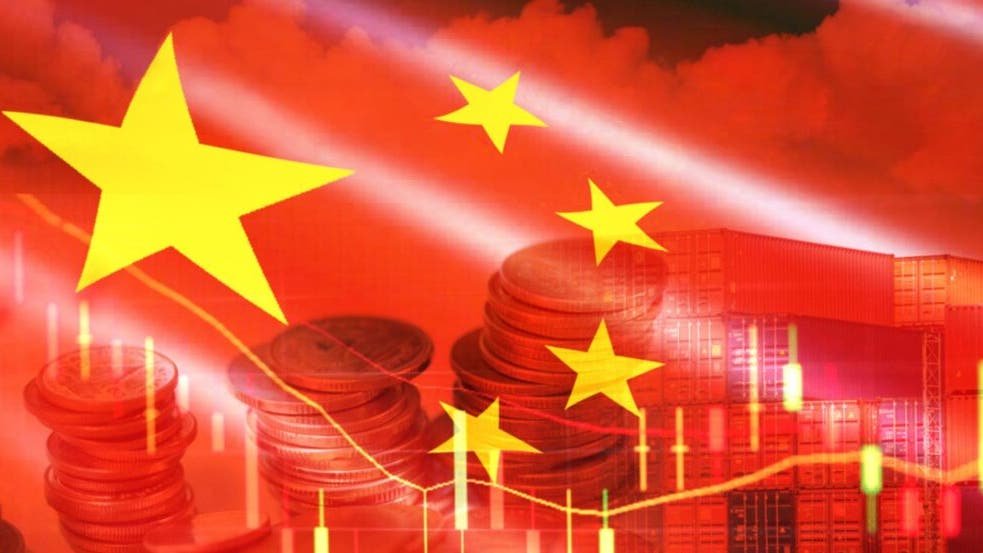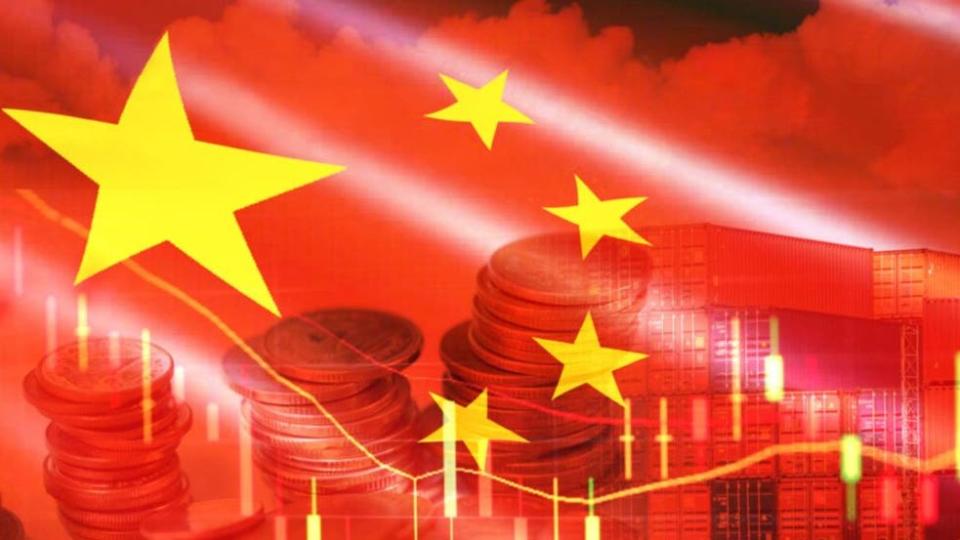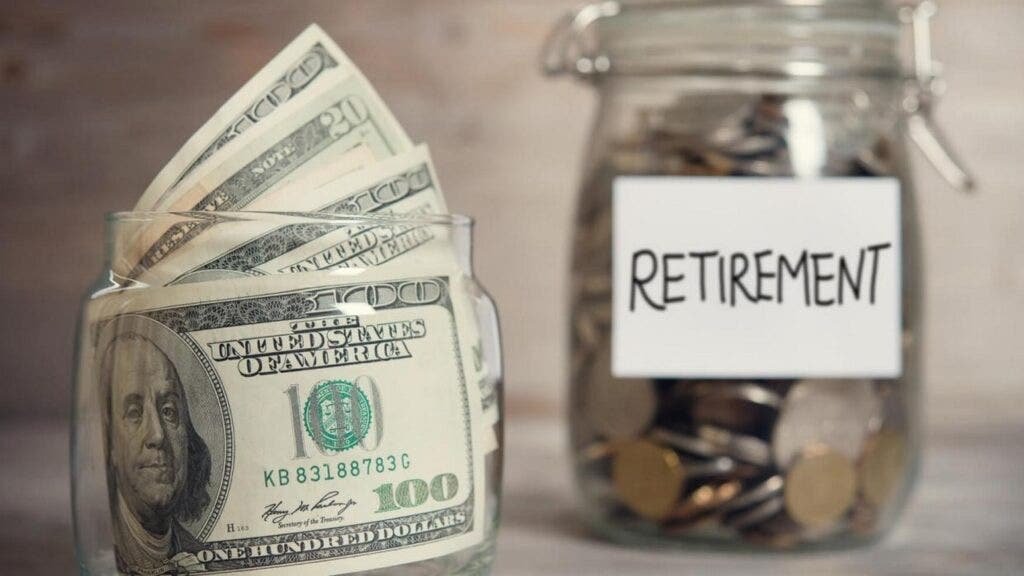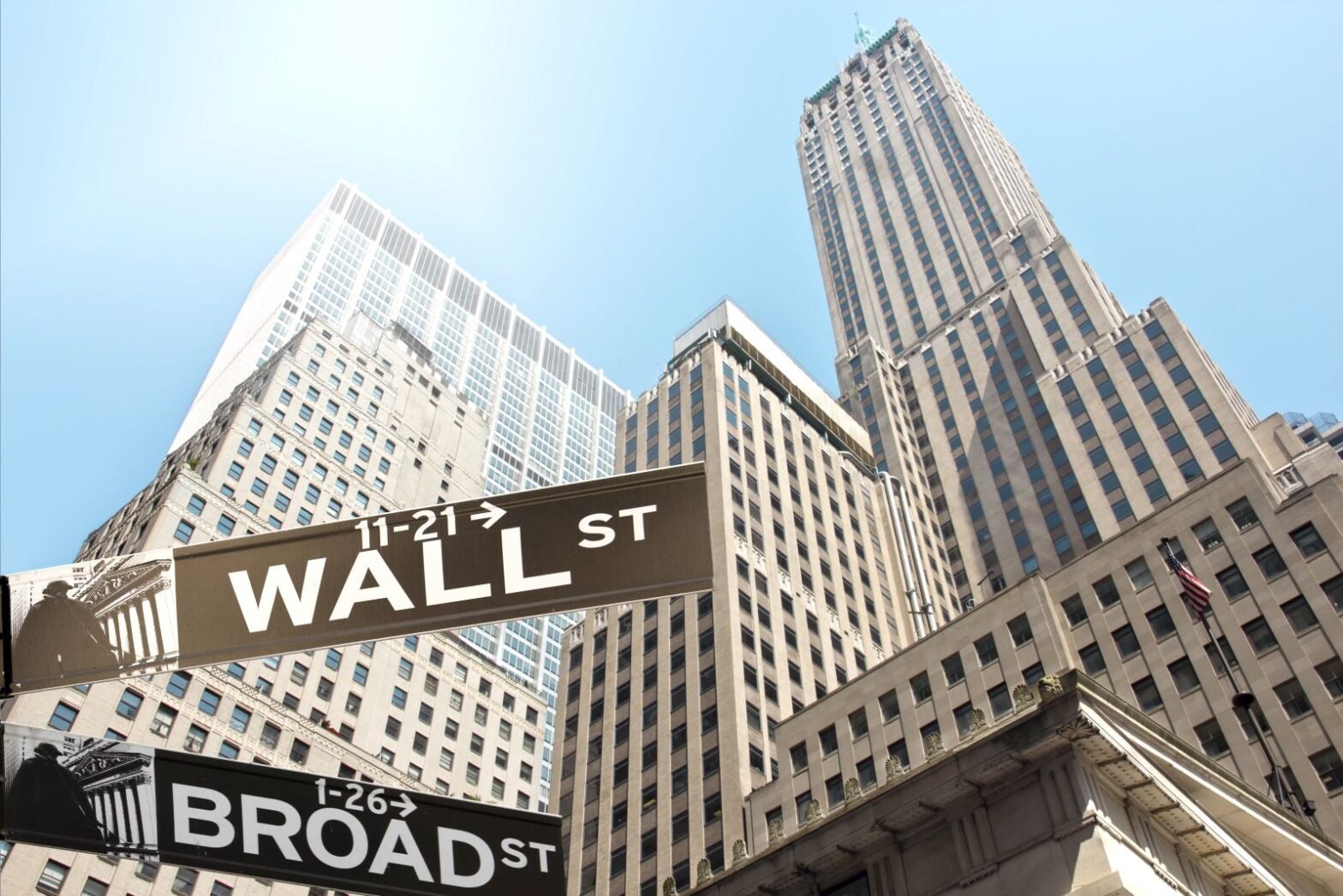As China grapples with the fallout from a $7 trillion stock decline, officials are gearing up to brief President Xi Jinping on measures to stabilize the market. This move signifies Beijing’s urgency to restore investor confidence and halt the market’s slide, which has erased a significant value from Hong Kong and China equities since their 2021 peaks. The Shanghai Composite Index, for example, is down over 21% from its high in December 2021.
The downturn has been attributed to a variety of factors, including regulatory crackdowns, geopolitical tensions, real estate defaults and internal economic pressures, prompting a call for decisive action to prevent further damage to consumer confidence, especially as the country approached the Lunar New Year holiday.
Don’t Miss:
-
This startup is accepting investors for as little as 25 cents – what’s the catch?
-
This Los Angeles startup is closing a real estate market gap worth hundreds of billions and you can invest in it with as little as $100.
China’s real estate sector has been grappling with significant challenges, culminating in a crisis that has reverberated through the country’s economy. The crisis was highlighted by the downfall of China Evergrande, Group one of China’s largest property developers, which became emblematic of the broader issues plaguing the sector. Evergrande’s aggressive expansion, characterized by a rapid acquisition of land and significant borrowing, eventually led to its financial distress. This situation underscored the broader vulnerabilities within China’s real estate market, including high levels of debt, a slowdown in property sales and regulatory changes aimed at curbing speculative investments.
The crisis has had wide-ranging implications, not only for property developers but also for the Chinese economy as a whole. The real estate sector, a critical engine of economic growth in China, has faced $125 billion in bond defaults between 2020 and 2023. This slump has contributed to layoffs, financial instability and a dampening effect on China’s post-pandemic economic recovery.
Trending: This startup in the climate tech industry could unlock the riches flowing 30 feet above your head.
China’s economic challenges are multifaceted, stemming from a post-COVID recovery that has fallen short of expectations. Despite hopes that the end of stringent COVID-19 restrictions would rejuvenate consumer spending, foreign investment and manufacturing, the reality has been starkly different. Consumers are saving more than spending, foreign firms are withdrawing investments, and the property sector, along with local government finances, has been severely impacted. These developments raise doubts about the sustainability of China’s growth model, which has long been driven by construction and investment over consumption.
The leadership’s response has been to pledge a boost in domestic demand and economic recovery for 2024, with a focus on supporting the economy through more stimulus measures. Yet, the effectiveness of these initiatives remains to be seen, as previous measures have underwhelmed market expectations and investor confidence. The government is advocating for a proactive fiscal policy and a prudent monetary policy, aiming to enhance economic vitality and address the risks and imbalances plaguing the economy. Nonetheless, the path to a sustainable recovery appears complex, with challenges such as managing high levels of debt, stimulating consumption and navigating geopolitical tensions.
In the face of these challenges, China’s efforts to communicate its strategies and reassure both the domestic and international communities have encountered skepticism. Analysts highlight a growing disconnect between official optimism and the realities faced by businesses and consumers. This gap underscores the need for more transparent and effective policy communication to restore confidence in China’s economic direction and stability.
Investor confidence is wavering amid this uncertainty, exacerbated by Xi’s centralized control over economic policy, which has slowed decision-making and policy communication. The stock market has felt the impact, with significant value lost since 2021. Despite attempts by the central bank to inject liquidity, these measures have yet to convince markets of a turnaround. The policy response has been criticized for being too late or insufficiently robust to alter the negative economic trajectory.
Read Next:
-
A startup that solves the age-old paywall problem is growing exponentially and looking for new shareholders.
-
Here is where your most successful angel investment may be hidden.
The political landscape under Xi’s leadership has shifted toward more centralized decision-making, with an emphasis on “stability” and “common prosperity.” However, this approach has led to challenges in addressing China’s economic complexities, including an over-indebted property sector and murky financial systems. Moreover, Xi’s regulatory crackdowns across various industries have rattled investors and raised concerns about the legal environment for foreign businesses. Despite the establishment of the National Financial Regulatory Administration aimed at addressing regulatory gaps, investor apprehension persists.
As China navigates these turbulent waters, the focus shifts to finding new drivers of economic growth. While the electric vehicle and green energy sectors have shown promise, the semiconductor industry and other high-tech areas face hurdles, including U.S. sanctions and internal inefficiencies. Beijing’s industrial policy, aiming to shift away from traditional growth engines like property and exports, underscores a strategic pivot toward innovation-driven development. However, the success of these measures in rejuvenating the economy and restoring investor confidence remains to be seen.
The situation underscores a critical juncture for China’s economy, with implications for global markets and industries reliant on Chinese growth. As Beijing contemplates its next steps, the world watches closely to see how one of the largest economies navigates these turbulent times, striving to balance growth, stability, and reform in an increasingly uncertain global landscape.
“ACTIVE INVESTORS’ SECRET WEAPON” Supercharge Your Stock Market Game with the #1 “news & everything else” trading tool: Benzinga Pro – Click here to start Your 14-Day Trial Now!
Get the latest stock analysis from Benzinga?
This article Chinese President Xi Jinping Grappling With $7 Trillion Downturn As Country’s Debt Levels Soar, Real Estate Collapses And Markets Pull Back Over 21% From 2021 Highs originally appeared on Benzinga.com
© 2024 Benzinga.com. Benzinga does not provide investment advice. All rights reserved.
















